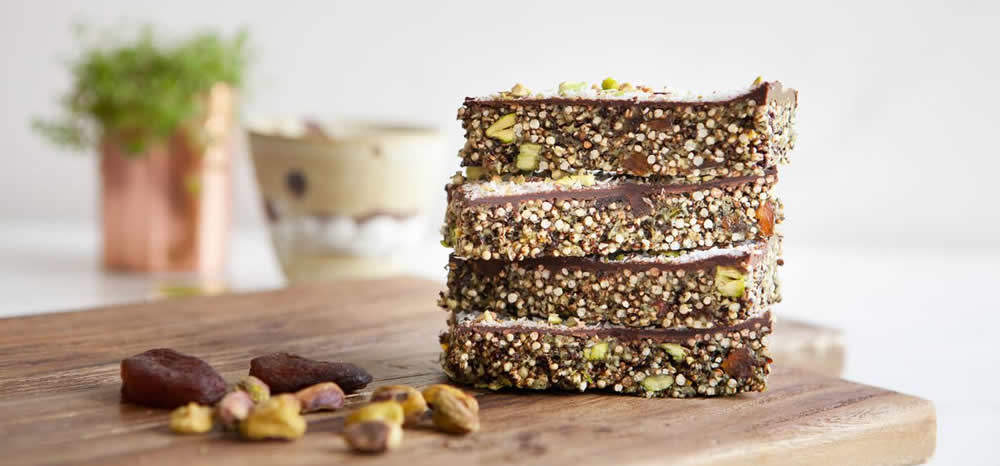The low down on Sugar!
Sugar has become more prominent in our diets over the years and has been seen to contribute to a number of health diseases including diabetes, obesity, heart disease and cancer. A highly addictive, yet tasty substance, sugar has been termed the 'white poison' of our foods.
Sugar is a carbohydrate that naturally occurs in whole real foods such as fruits, vegetables, grains and dairy. As these foods contain other beneficial nutrients such as fibre, essential minerals and antioxidants they also provide us with a steady state of energy into our bodies. However, problems start to occur when we consume overly processed or manufactured foods containing high levels of added sugars, which increase the flavour of foods and gives us that sugar high and surge of energy.
Sugar is highly addictive and often is associated with strong cravings such as headaches, lack of energy, irritability, anxiety, low moods and changes in our sleep patterns.
Recent studies in Australia and NZ have shown that people are consuming over 28 teaspoons of refined sugar per day! With top sources coming from soft drinks, fruit juices, flavoured yoghurt, cereals, cakes, processed foods and candy. So how much should we eat? The World Health Organization recommends around 5-10 teaspoons (50g) of free sugar per day, that's it.
Here's a few tips on how to start reducing your sugar levels.

1. Replace sugar with good fats
Good, quality fats fuel us for longer and can help curb those afternoon sweeting cravings. Try bumping up your breakfast or lunch meal with some avocado, nuts/seeds, coconut oil or oily fish. Nut butters and veggie sticks make a great afternoon snack or chia seed pudding.
Try our Australian avocado's and NZ Blue coconut oil!
https://www.southstreammarket.com/en/ProductDetail/NZ-Blue-Coconut-Cooking-Oil-400g
https://www.southstreammarket.com/en/ProductDetail/Avocados-AUS
2. Ensure adequate hydration
Being dehydrated can often cause the body to crave sugar or feel hungry. With our hot summers it's important to drink plenty of water (8-10 glasses/day) to make sure we are fully hydrated. Add some slices or lemon or berries to spice up the taste!
3. Good quality rest and repair
These days our lives are filled with pressure and urgency at work, or running the children around to school activities while maintaining a household and putting food on the table. Caffeine or sugar tends to fuel us during these times but can leave us feeling amped up and more stressed. It's important we slow down and ensure adequate periods 'downtime' so we can activate our 'rest and digest' part of the nervous system and create a feeling of calm. This is when the magic happens and the body repairs.
4. Is there an emotional connection?
Sweet foods often have an emotional connection associated with them or a need that isn't being met. We tend to reach for that sweet item after a stressful day, as a reward or when we are searching for feelings of love or pleasure in our loves. I invite you to try something different that still brings out those blissful feelings, like getting together with friends, watching the sunset with your partner, laughing with your children or dancing like no one is there. Whatever makes you feel happy. Try it and just notice the effects.
5. Fill your cupboards with whole, real foods
Replace those sugary items with real, unprocessed foods. Out of sight, out of mind is the key and when we fill us bodies up on the good stuff then there's no room for the junk!
Our fresh produce section has a great assortment of fruit and vegetables for the family.





